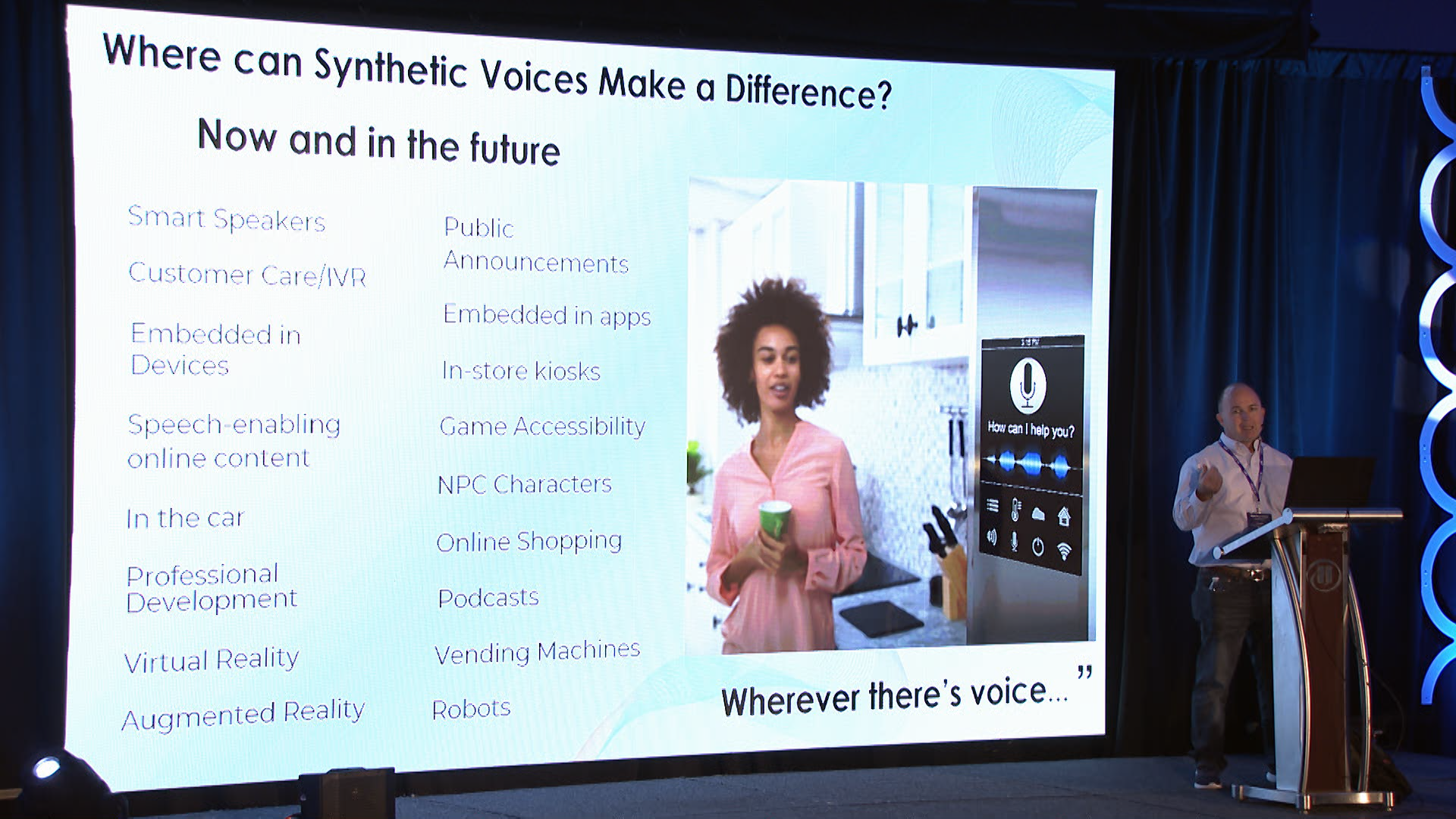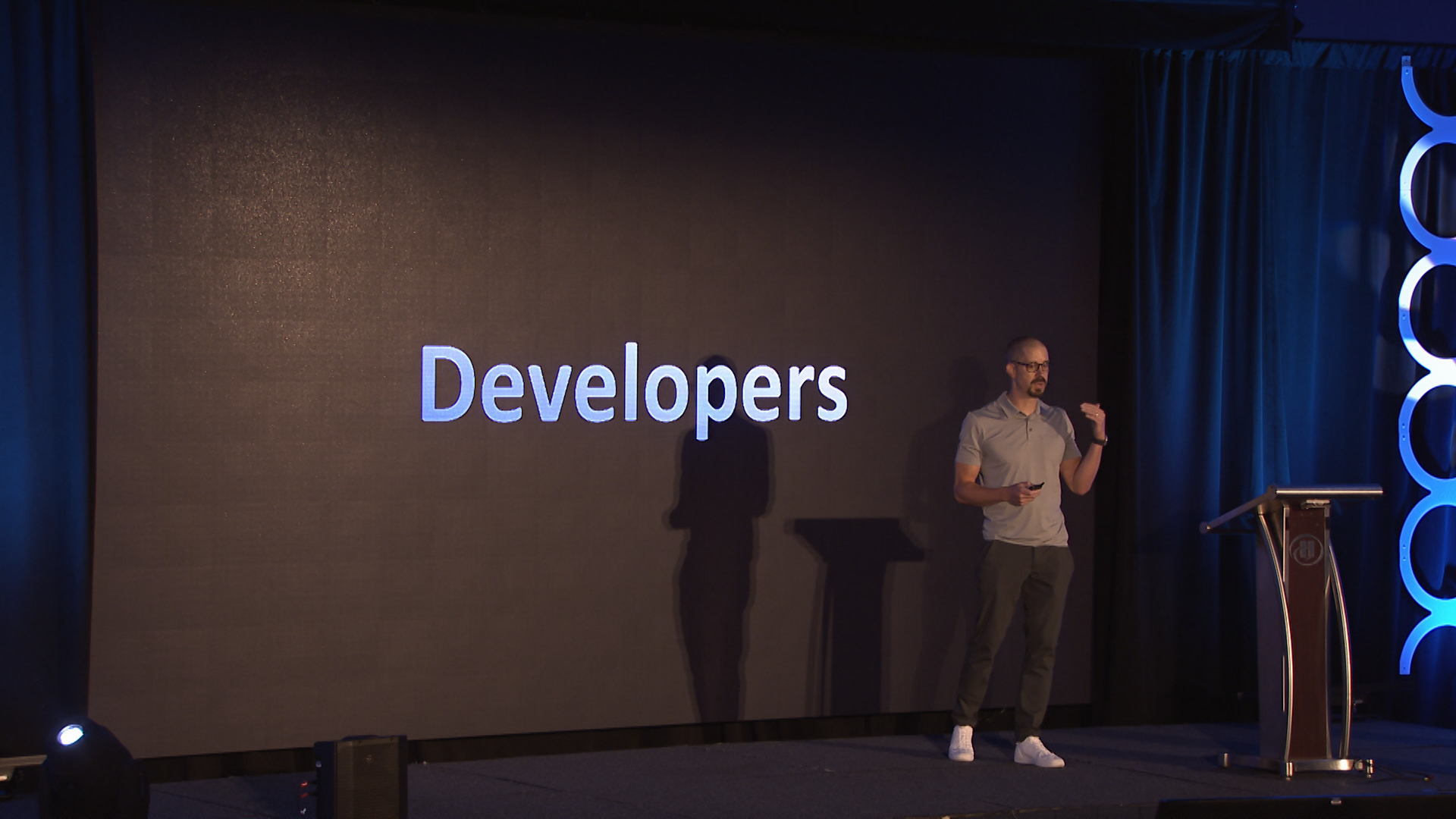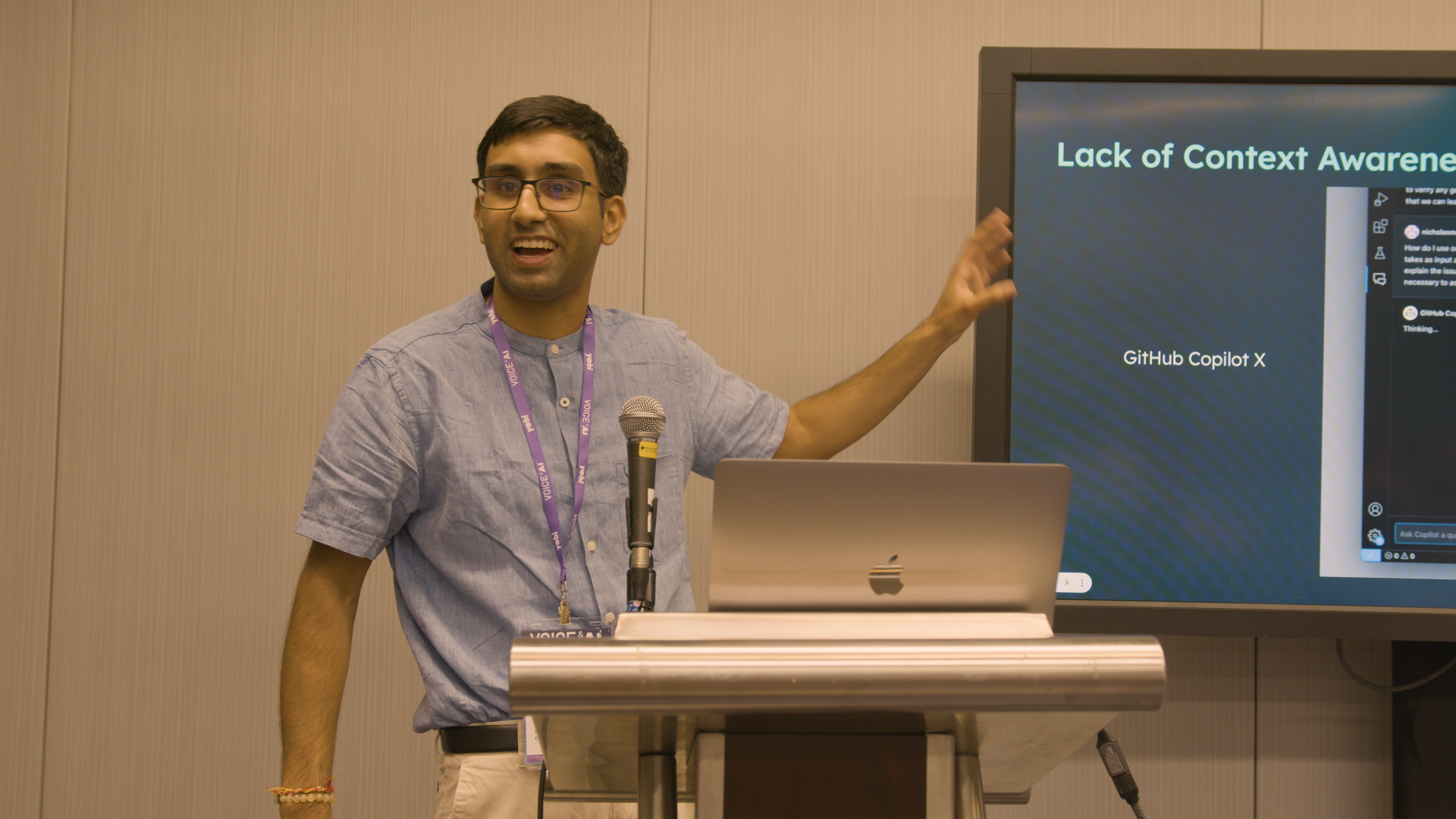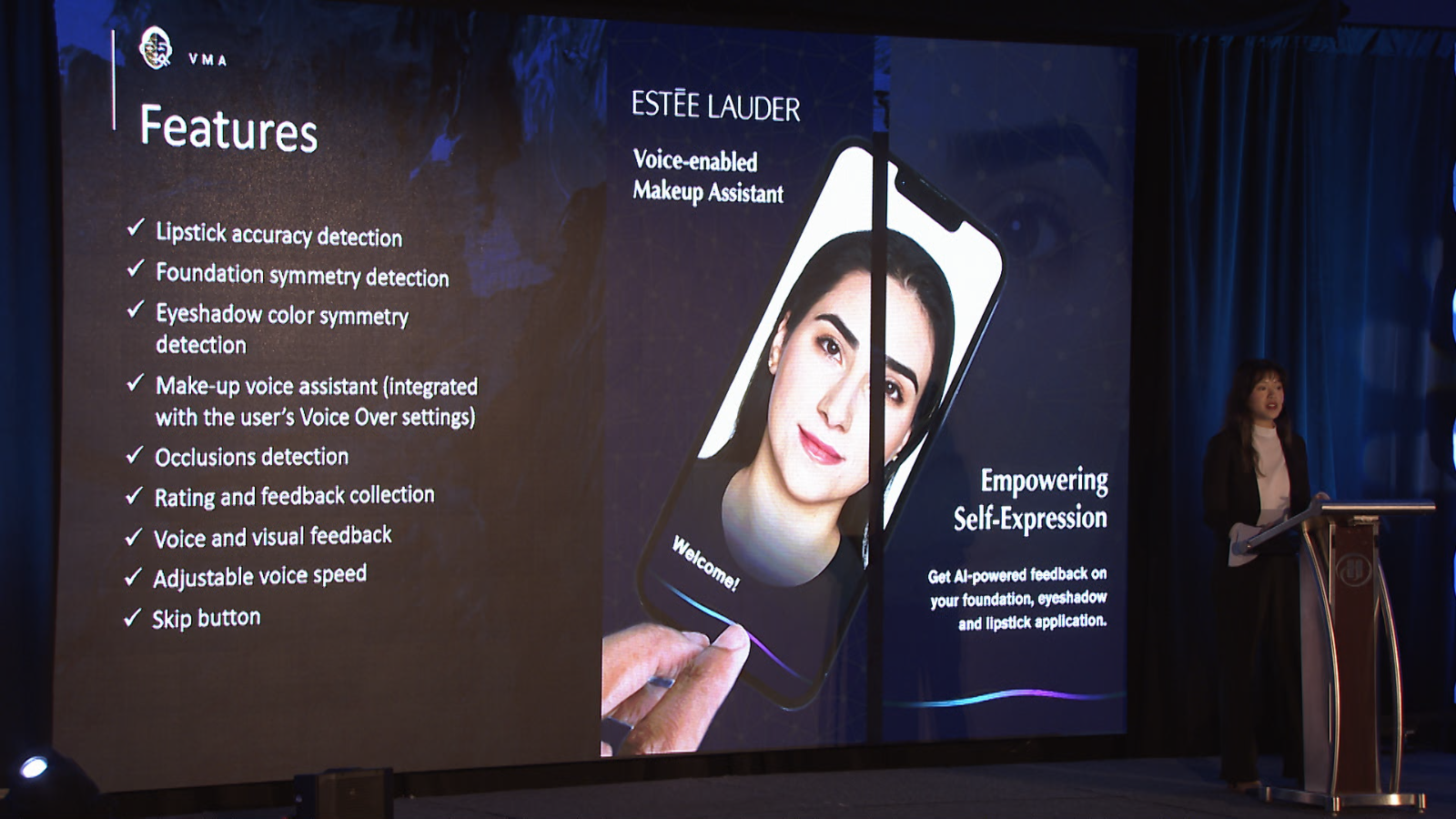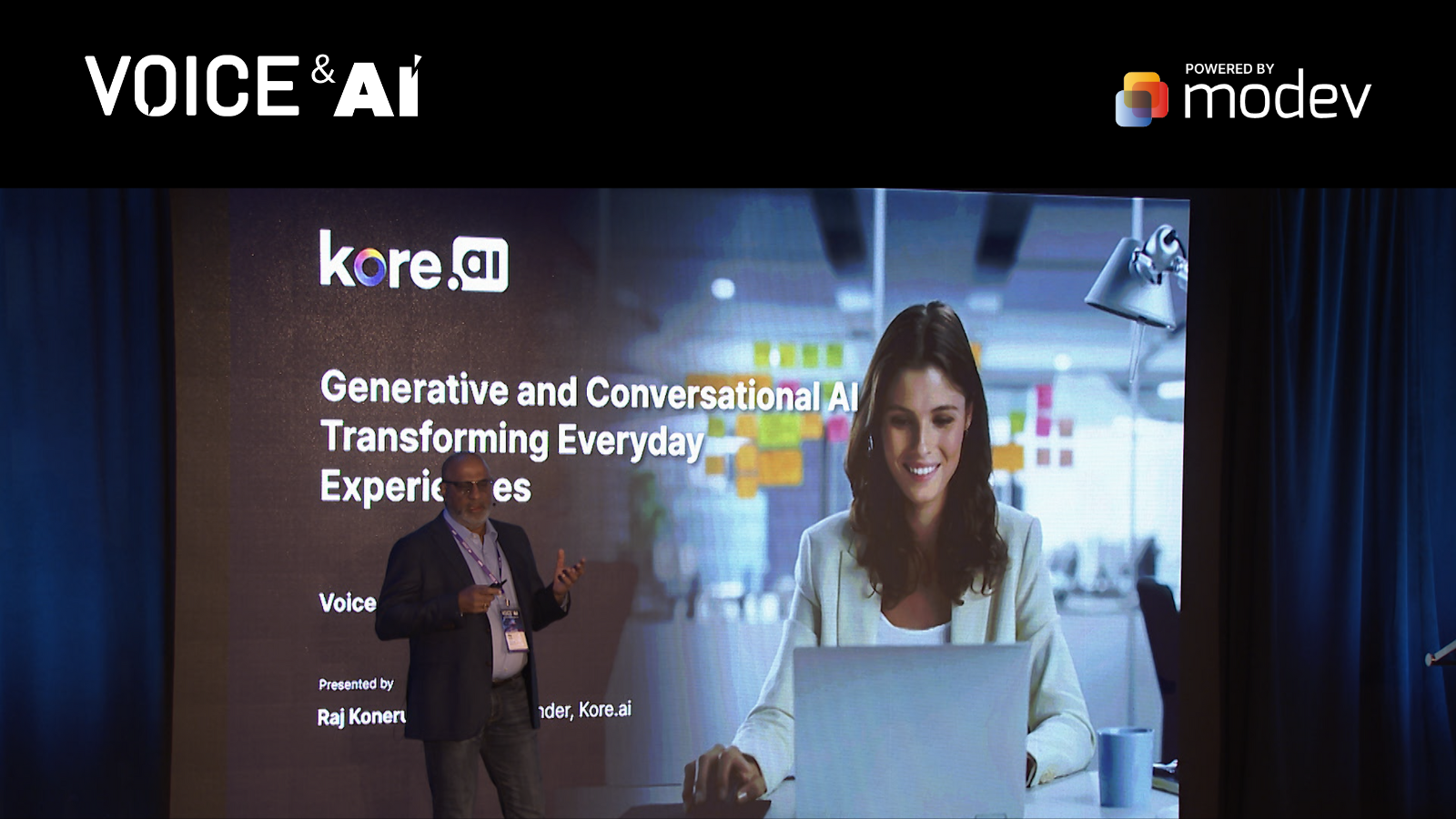Unless you're a cave-dweller, there's a good chance you've heard of ChatGPT. It's OpenAI's ground-breaking conversational chatbot that was released late last year. And ever since the general public got a taste of ChatGPT's generative AI magic, it's been praised and cursed, and everything in-between (but mostly praised). And it's not hard to understand why: ChatGPT can do so many things we considered uniquely human just prior to its launch. And it does those things so well that it inspires awe as much as fear.
ChatGPT is based on the GPT (Generative Pre-training Transformer) language model. It was specifically designed to generate human-like text within a conversational context. It provides natural language responses to user input. And its responses are authoritative and conversational - in that they flow naturally as if it was an actual human responding to the query. The above can make ChatGPT extremely useful in many business settings, particularly those that require conversational exchanges with customers (or potential customers).
Conversational Business Opportunities
Because of that, businesses should look at their product and service offerings and start thinking about how generative AI models, like ChatGPT, can enhance their workflows, deliver better customer outcomes, and grow their brands. Let's look at some of the most compelling business use cases generative AI brings to the table.
- Compiling Research
- Producing marketing content
- Brainstorming ideas - it may well "think" outside the (human) box
- Writing code (software)
- Sentiment analysis to generate sales leads
- Customer service
- Technical instruction (for staff or customers)
- Automating business processes
- Localization
- Customer onboarding
- Product recommendations
Not bad for a brainless bot, right?
Customer service and technical instruction (which can also translate to technical support) are going to be big ones. And that makes sense, as these are conversational activities. And businesses can integrate ChatGPT technology into their pipeline and have it generate responses for their own in-house chatbots - automating tasks in the process, improving response time, and enhancing the customer experience.
And it may well be the right time for businesses to take the generative AI plunge. According to a report by Opus Research, 35% of consumers want more companies to use conversational chatbots. And another 48% of consumers say they don't have a preference between interacting with a human being or a chatbot to provide customer service.
There are clear business cases for ChatGPT and other generative AI models - particularly where interaction with customers is required. But are there downsides to this generative AI gold rush?
The Dark Side of the Moon
There are massive opportunities for businesses to integrate generative AI into their processes. But as with any technology, the outcome is usually in the hands of the beholder. In other words, it all depends on how it's used.
ChatGPT can be vulnerable to cyberattacks - it's accessible from the internet, after all. And hence one could use ChatGPT to spread viruses and malware. Bad actors could also use ChatGPT to manipulate unsuspecting users into handing over sensitive information.
ChatGPT also has its limitations. For example, with the current beta version of ChatGPT, OpenAI acknowledges the fact that it will sometimes produce falsehoods or biased content in its responses. When it doesn't "know," it dances... It also has limited knowledge of anything that happened after 2021, when the model was trained. So if you ask it questions about anything post-2021, it may just spew out some nice-sounding nonsense. That's not exactly appeasing, given our current information crisis…
And let's not forget that user queries continually train these AI models. And that's prompted some organizations (such as Walmart) to instruct its workforce not to disclose proprietary information to ChatGPT, fearing some of its trade secrets could leak. Bet you hadn't thought of that pitfall…
Here are two tweets laying out both sides of the generative AI coin:
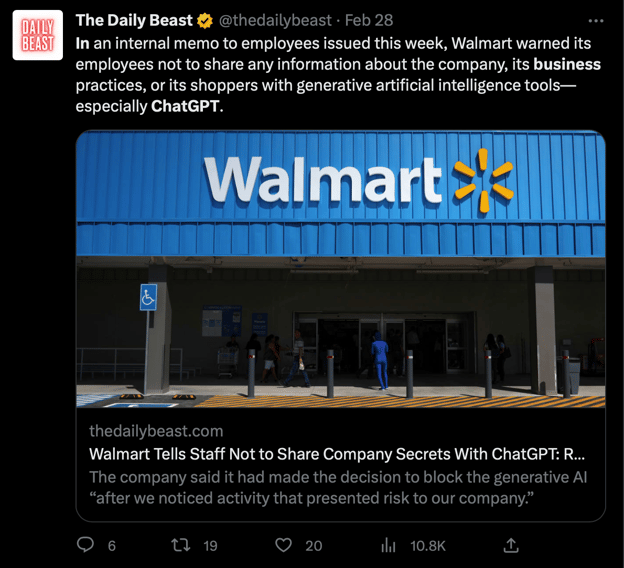
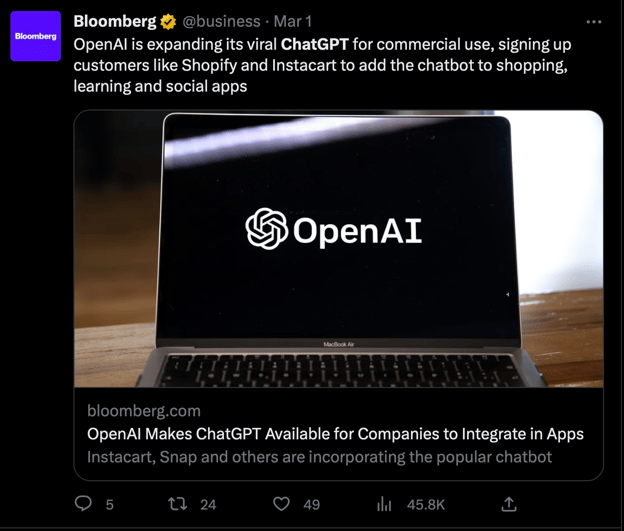
What About the Job Market?
And, of course, no article on ChatGPT in a business setting would be complete without discussing the potential for job losses. As I stated in the opening paragraphs, while many are in awe of ChatGPT's capabilities, others simply fear them. And that's because they feel their livelihoods are threatened by AI and its potential to automate tasks that we (used to) consider uniquely human.
But while generative AI models can indeed automate some tasks, there are still so many avenues in which it simply can't compete with a human being: things like critical thinking (which requires reason), creativity (which requires emotion), or strategic decision-making (which requires both). Generative AI models can supplement current staff, automating redundant and non-creative tasks while allowing humans to focus on more complex, creative, and strategic tasks - in other words, more human tasks. It has the potential to be somewhat liberating: let the machines handle the "mechanical" tasks and let the humans be human.
Generative AI models, like ChatGPT, will also enable businesses to cut expenditures related to hiring and training staff and get them up and running faster.
Wrapping Up
All in all, ChatGPT and other generative AI models create opportunities for businesses in various settings to improve their efficiency, streamline their processes and grow their bottom line through automation. But like any other sword, this one is double-edged, and we may need to take a few steps back here and there as AI marches on. But we will move forward, dealing with the inevitable bumps in the road as they appear.
And let's remember that ChatGPT is still quite new. Its current capabilities will likely be dwarfed in a few short years or even months. So let's not get complacent - ChatGPT isn't the last word in AI (or anything else).
About Modev
Modev believes that markets are made and thus focuses on bringing together the right ingredients to accelerate market growth. Modev has been instrumental in the growth of mobile applications, cloud, and generative AI, and is exploring new markets such as climate tech. Founded in 2008 on the simple belief that human connection is vital in the era of digital transformation, Modev makes markets by bringing together high-profile key decision-makers, partners, and influencers. Today, Modev produces market-leading events such as VOICE of AI, ESG Tech Summit and the soon to be released Developers.AI series of hands-on training events. Modev staff, better known as "Modevators," include community building and transformation experts worldwide.
To learn more about Modev, and the breadth of events offered live and virtually, visit Modev's website and join Modev on LinkedIn, Twitter, Instagram, Facebook, and YouTube.

